May 2015
Montaigne 1.16
1 May 2015, around 6.30.
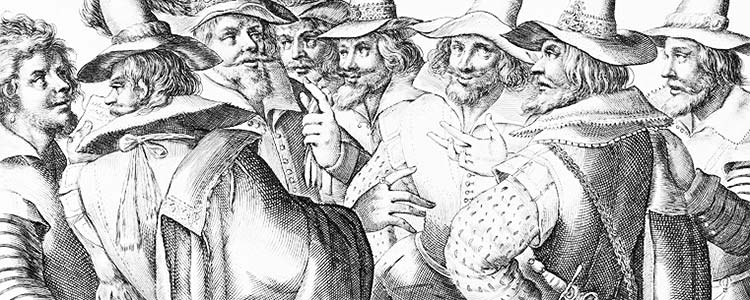
via Giornale Nuovo (ca. 2007)
The recurring theme of willfulness, and the conflation of cowardice and ignorance as two pernicious forms of weakness one can, in part, lay at the feet of Nature, but only in part:
It is reasonable indeed to see difference between those faults which are the result of our weakness, and those which proceed from wickedness. For in the latter we knowingly oppose the laws of reason that Nature has imprinted in us, whereas in the former, it seems to me, we may justify ourself by making that same Nature responsible for leaving us so weak and imperfect. […] When however ignorance or cowardice is so gross and apparent that it exceeds the ordinary, it is but right to regard them as sufficient proof of malice and wickedness, and to punish them as such.
nepeta cataria
5 May 2015, around 6.12.
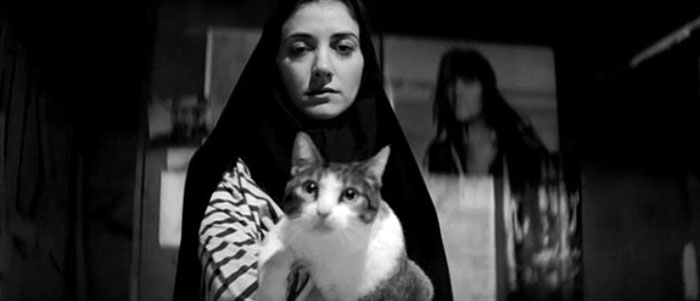
It moves slowly; indeed, the pacing is unsettling. It’s been quite a while, though, since I’ve enjoyed a movie as much as A Girl Walks Home Alone, which was a thoughtful bit of creativity, rather than a bombastic collection of marketing images. I cannot (and do not want to) say what made it so enjoyable – though I suppose the cat, the small ensemble cast, and the weird morality play a part. Enough to say I enjoyed it and found it satisfying.
Montaigne 1.17
8 May 2015, around 18.35.
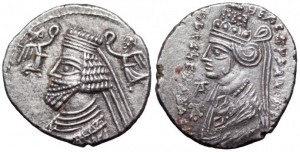
…when I read history, which is written by all sorts and conditions of men, I usually consider what kind of man the author is: if his profession is that of letters only, he teaches me principally style and language; if he is a physician, I am the more ready to believe what he says of the temperatures of the air, of the health and constitution of princes, of wounds and maladies; if a lawyer, we must accept his observations on controversies about rights, laws, and the establishment of civil government, and the like; if a theologian, on the affairs of the church, on ecclesiastical censures, dispensations and marriage; if a courtier, on manners and ceremonies; if a soldier, on that which appertains to his profession, and principally his account of the exploits on which he was personally engaged; if an ambassador, on intrigues, negotiations, and agreements, and the manner of conducting them.
Useful Hints
11 May 2015, around 5.52.

A selection of ‘useful hints’ from Rambles in Rome (9th edition, 1903, page xiv) by S. Russell Forbes:
- Avoid bad odours.
- Do not ride in an open carriage at night.
- Take lunch in the middle of the day. This is essential. It is better to take a light breakfast an lunch, than a heavy breakfast and no lunch.
- If out about sunset, throw an extra wrap or coat on, to avoid the sudden change in the atmosphere. There is no danger beyond being apt to take a cold. Colds are the root of all evil…
- Do not sit about the ruins at night. It may be very romantic, but it is very unwise. There is no harm in walking.
- Close your windows at night.
- If you get into a heat, do not go into the shade or into a building till you have cooled down.
- Do not over-fatigue yourself.
Montaigne 1.18
15 May 2015, around 16.21.
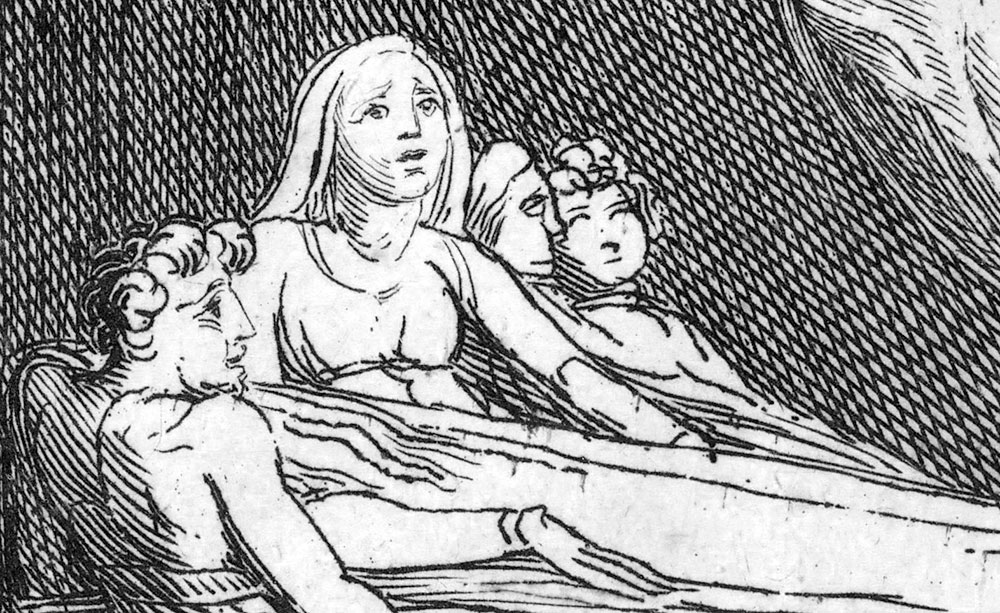
They who have had a good drubbing in a fight may be led back to the charge on the morrow, though still wounded and bleeding; but if they have been given a good fright by the enemy, you will not induce them even to look at them.
The consideration of fear has two parts: perception and consequence – the former begin a state in the mind, the latter a state in the world. We may say this is in part a matter of apprehension – for fear makes one apprehend what does not in reality exist, and as a result one seizes upon a course of action unsuitable for the world as it is and one’s duties such as they are; thus one observes the fear of the child who imagines hobgoblins and werewolves, or soldiers who see enemy legions in every distant tussock. Yet the fear is real, though the hobgoblins are (apparently) not – it is easy to forget this, as an impartial observer.
Montaigne 1.19
22 May 2015, around 11.17.
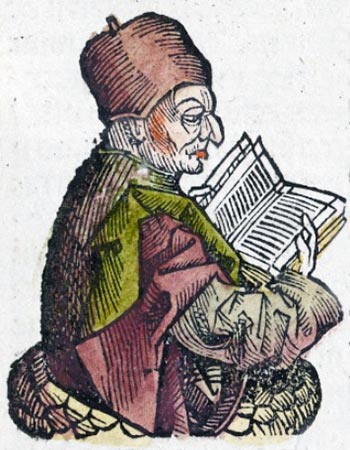
But in this last act, where death and ourselves each play there part, there must be no more pretending: we must speak plainly, and disclose what there is of good and clean at the bottom of the pot.
It is not surprising that Montaigne begins this essay with Herodotus, but the emphasis he places on sincerity – on honest assessment of one’s life, abilities, and accomplishments – is interesting; so, too, the notion suitable to a warlike age that one can in some way make amends for one’s life by dying well (cf. ‘Nothing in his life // Became him like the leaving it’).
Montaigne 1.20
29 May 2015, around 9.23.
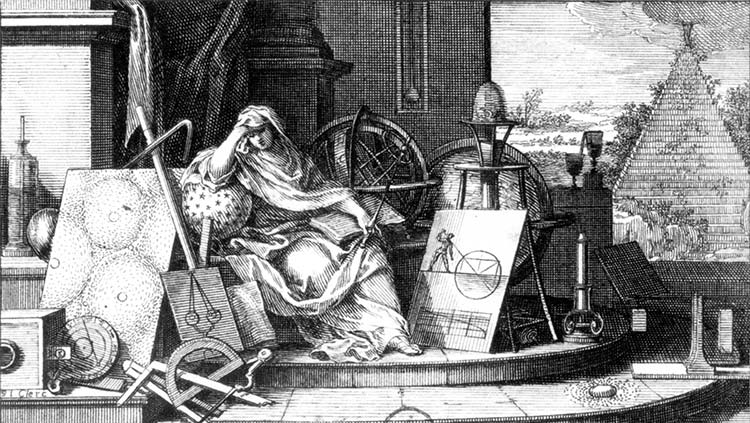
The other day somebody, turning over my tablets, found a memorandum of something I wished to be done after my death. I told him, what was true, that being but a league’s distance from my house, and healthy and robust, I had hastened to write it down on the spot, because I could not be certain even of reaching home. Continually brooding over my thoughts and turning inwardly as I do, I am every moment about as prepared as I can ever be.
With its charming examination of the nature of pleasure (though of course it does use the ever-noxious tactic of claiming the virtuous life is more pleasurable than the life of voluptuousness) and the uselessness of worry, this is perhaps one of my favorite essays so far.
- Favorite running header: ‘MONTAIGNE EVER PREPARED’. [↩]
